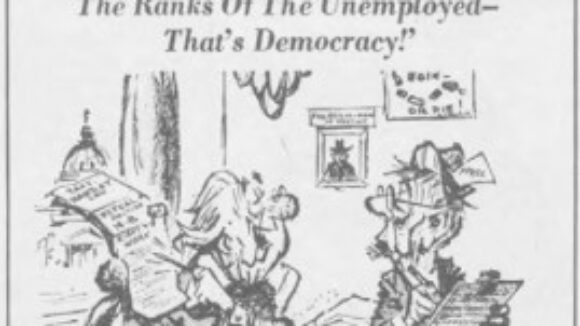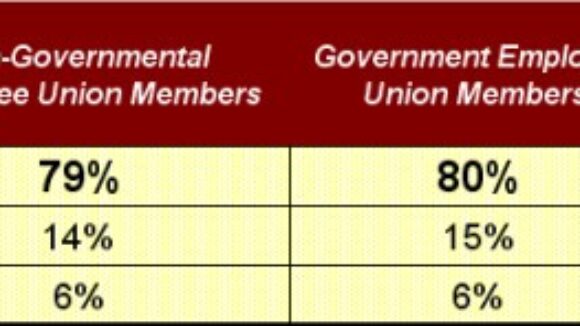Is Indiana Gov. Daniels Trying to Whistle Past the Right To Work Graveyard?
According to an article at BigGovernment.com, the only thing holding Indiana Gov. Mitch Daniels back from holding a Republican presidential primary frontrunner position is his holding back Indiana's Right To Work law passage.
Numerous calls and other contacts from our members in Indiana confirm that on several occasions Republican politicians have put the blame directly on Daniels' shoulders for the legislative hold-up on Right To Work. Certainly, trying to avoid the issue will not enhance any presidential hopes that he may have nor help working Hoosiers breath free air again.
From BigGovernment.com:
The rise of the Tea Party movement illustrates that people are looking for political leaders who will forcibly address issues and stand on principle.
Yet, according news reports, Gov. Daniels is trying to avoid a decision and even a debate on freedom that influences every worker and business in Indiana. This is not leadership.
On the other hand, should Gov. Daniels embrace Right To Work legislation that provides all Hoosiers the right to choose or not to choose to pay into a union, then he could easily ride a wave of success and become the Republican Presidential Nominee to beat.
Should Gov. Daniels sign the 23rd state Right To Work law, he will be able to bounce back-and-forth from appearances in early presidential primary Right To Work states like Iowa and South Carolina to ribbon cutting ceremonies for new businesses in Indiana boasting of rising employment numbers and a more stabilized state budget.
Gov. Daniels will be able to say that he fought the Democrat party’s most fierce ally, Big Labor, and he won it for Hoosiers and that he will stand up for all Americans as well.
Or, Gov. Daniels can let the golden opportunity for the citizens and businesses of Indiana, as well as for himself, slip through his hands in attempt to avoid Big Labor attacks – attacks that will come against any Republican presidential nominee regardless of their mollycoddling.
Unfortunately, it appears that Gov. Daniels has chosen to make the Right To Work issue his Waterloo rather than his San Juan Hill.








